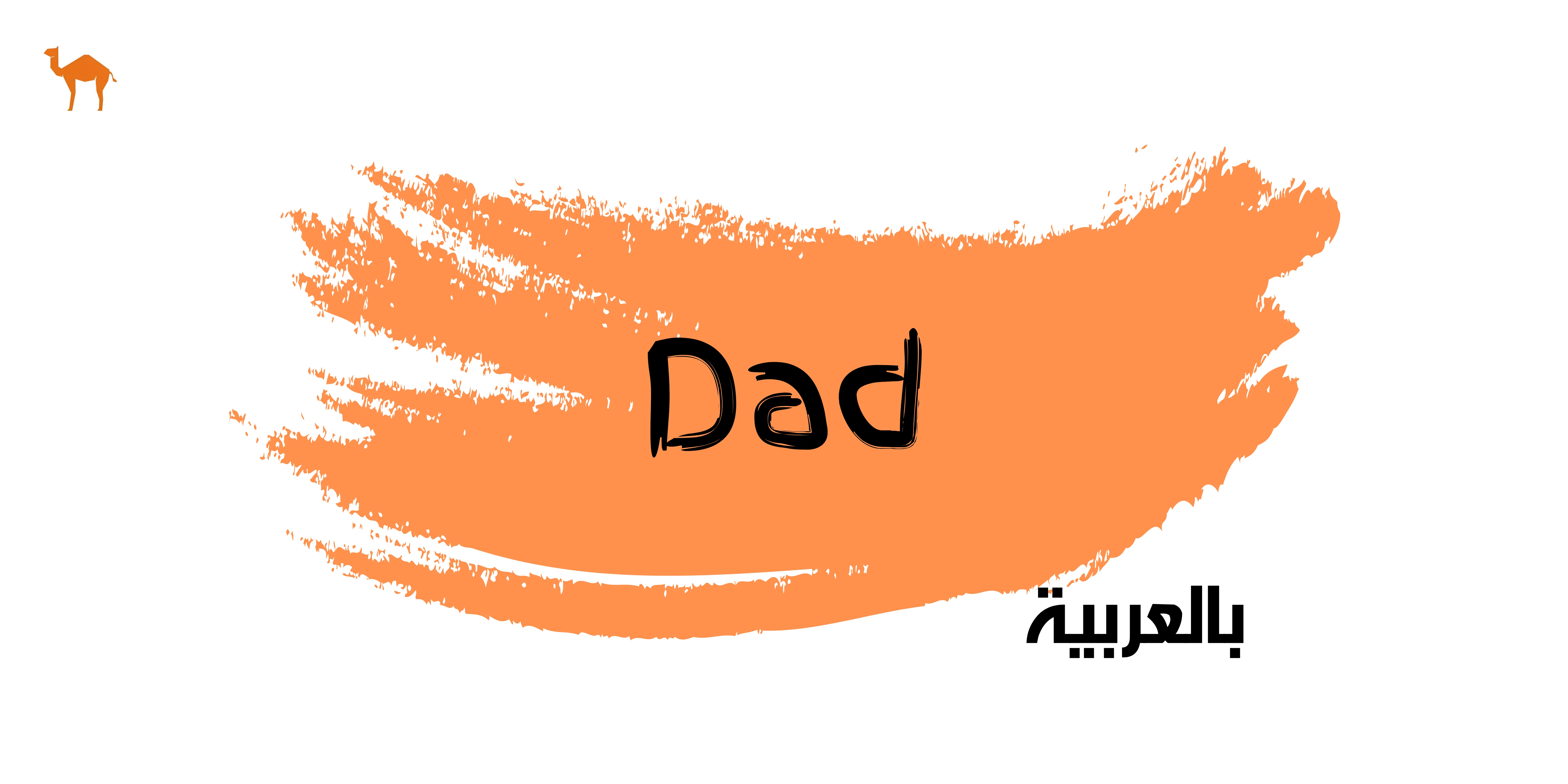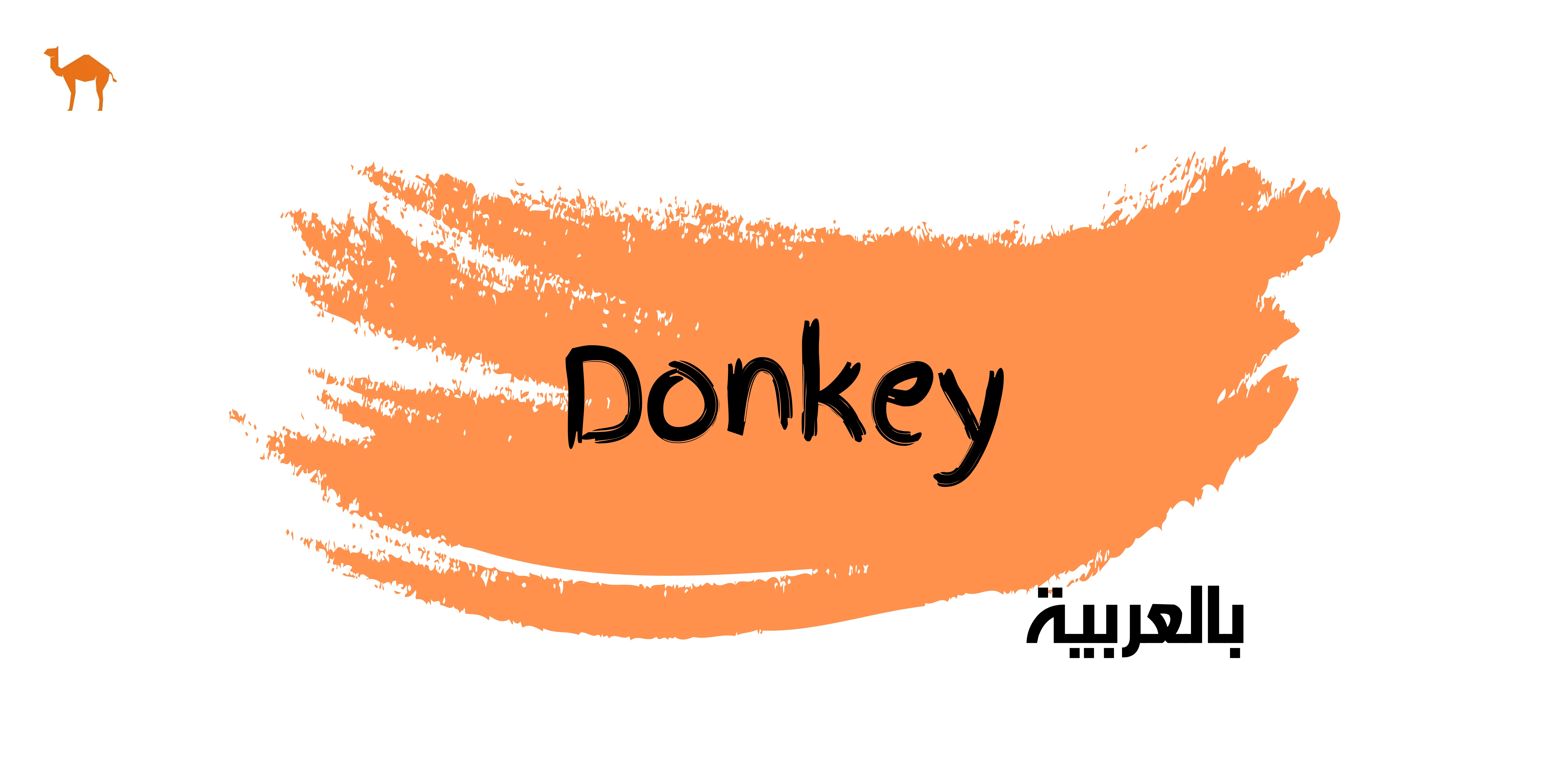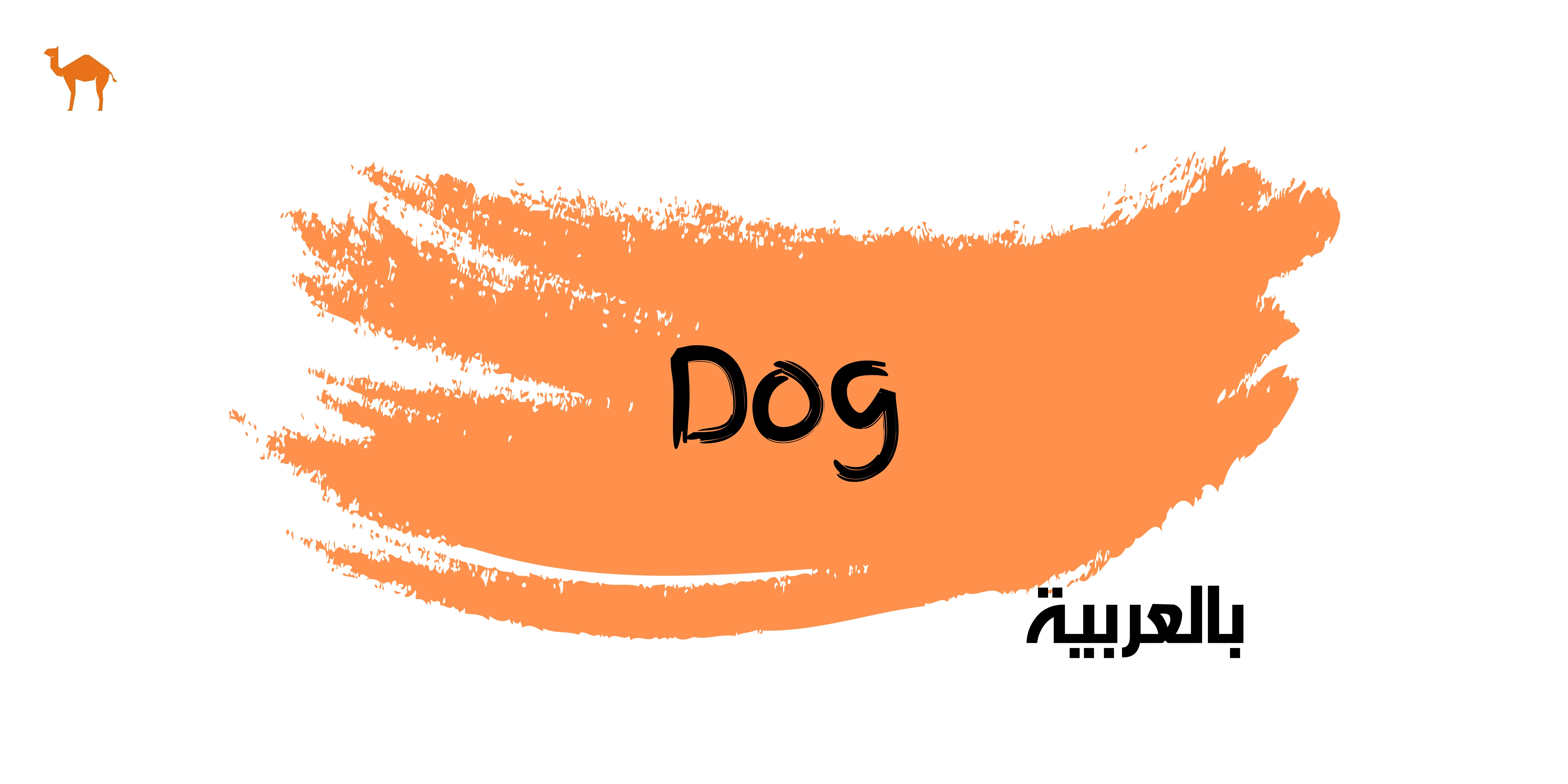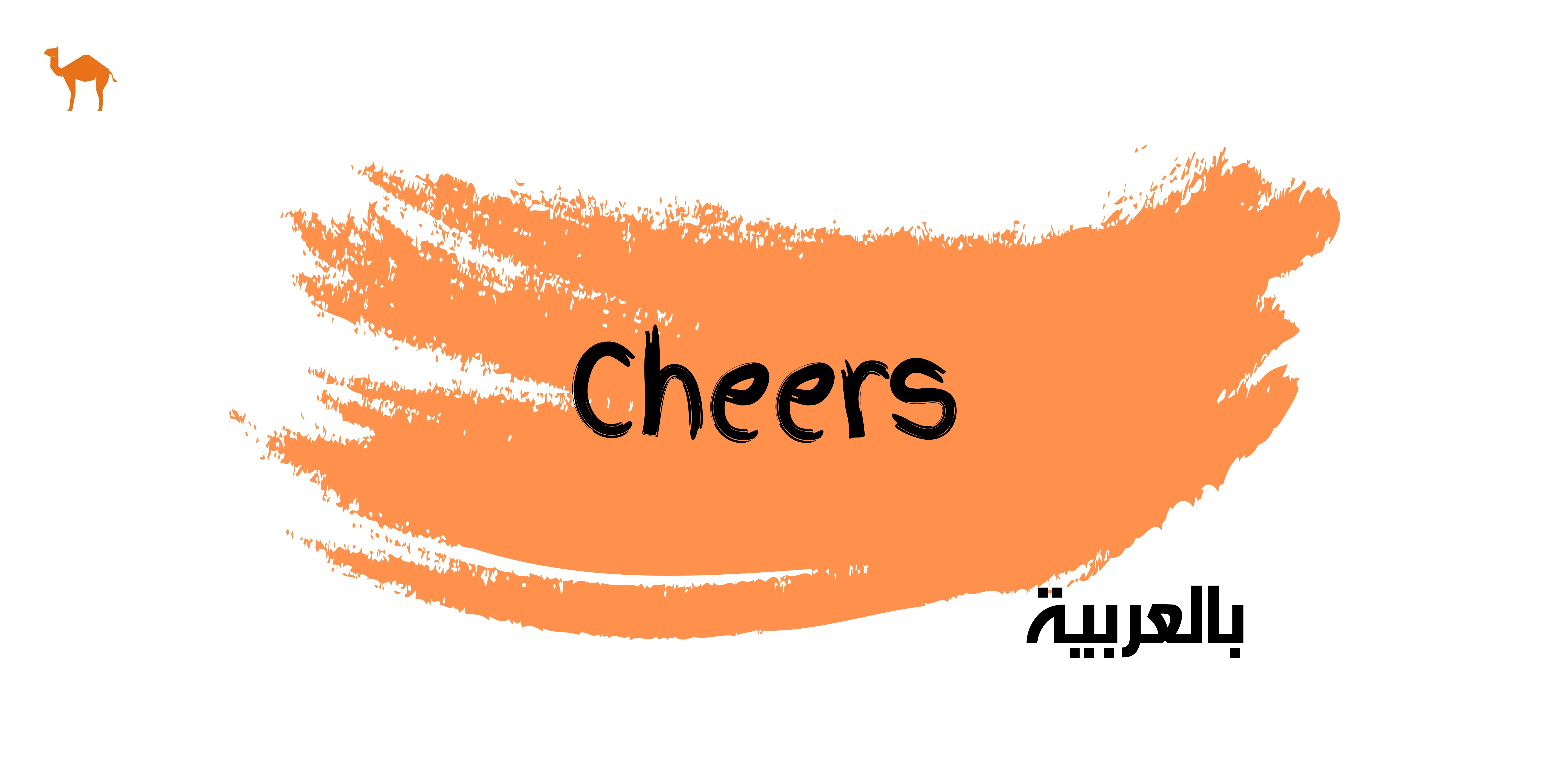How to Say 'Dad' in Arabic

Within the Arabic language, the term for 'Dad' varies across different regions and dialects, reflecting the rich diversity and heritage present in Arab societies. Delving into how to say "dad" in Arabic unveils a mosaic of linguistic nuances and cultural insights. In this article, we will explore the various ways of how to say dad in Arabic with different dialects.
How to Say Dad in Arabic
- 'Ab - أب
The word 'Dad' in Arabic differs across these diverse linguistic landscapes. One of the most common terms for 'dad' in Arabic is 'ʼab' (أب), derived from classical Arabic. This term is widely understood across Arabic-speaking regions and is used in semi-formal settings. - Waled - والد
This translates to 'Father' and is an extremely respectful way to address your or someone's father. It's rarely used in everyday conversation but might be used in very formal situations or when there's a significant age gap.
- Formal: 'abi' (أبي) and 'waledi' (والدي) - These translate to "my father" and are the most formal way to address your dad.
- Informal: 'baba' (بابا) - This is a casual and endearing term for "dad" used in everyday conversation.
How to Say Dad in Arabic Dialects
It's important to note that Arabic is a diverse language with regional variations and dialects. In different Arab countries and communities, there may be variations in the pronunciation or usage of 'dad', as follows:
Egyptian
Egyptian Arabic is the most widely used dialect in music, media, and television shows.
In Egyptian Arabic, "baba" (بابا) is commonly used, reflecting the influence of Egypt's vibrant cultural heritage. And "walidi al-Aziz" (والدي العزيز) which means "My dear father" is a more respectful term used in formal settings. In the Upper Egypt dialect, the term 'bouy' (بُوُّي) or 'abouy' (أبوي) is commonly used. For delta, the peasants use 'Aba' (آبا) (The first letter must be long as it is a long vowel 'آ') translates to "My father"
Gulf (Khaliji)
This dialect is frequently used in the United Arab Emirates, Qatar, Bahrain, Kuwait, Oman, and Iraq.
There are various forms of 'dad' such as 'abouya' (أبويا) and 'abu' (أبو) is prevalent, often followed by the name of the eldest son as a sign of respect and endearment. For example, "abu Ali" (أبو علي) translates to "father of Ali," emphasizing lineage and familial pride. This usage underscores the significance of ancestry and paternal lineage in Gulf Arab societies. 'Yubah' (يُبه) translates to "Oh my father" and is a common informal greeting in Gulf Arabic dialects.
Levantine
This dialect is primarily common in Syria, Jordan, Palestine, and Lebanon.
In Levantine Arabic spoken in countries like Lebanon, Syria, and Palestine, the word for "dad" is often pronounced as 'baba' (بابا) or "ya abouy" (يا أبوي), adding a layer of warmth and familiarity to the relationship between father and child.
Darija (Maghrebi)
It refers to any of the varieties of colloquial Maghrebi Arabic in Morocco, Algeria, Tunisia, and Libya.
The term 'dad' varies depending on the dialect spoken. In Morocco, for instance, "با" (ba) or "لبابا" (l'baba) are commonly used, reflecting a blend of Arabic and Berber influences. This diversity highlights the cultural tapestry woven by centuries of interactions and exchanges in the region. In Libya, the term 'bouy' (بُوُي) is commonly used.
Remember: When in doubt, "Baba" is a safe bet in most situations. Pay attention to how others address their fathers to gauge the natural way to speak in that specific context. The warmth of your address will go a long way, regardless of the specific term you choose.
In conclusion, exploring how to say "dad" in Arabic unveils a treasure trove of cultural significance and linguistic diversity. From the shores of the Levant to the deserts of the Gulf and the bustling streets of North Africa, the word for "dad" serves as a testament to the rich tapestry of Arab culture. It reflects not only linguistic variations but also the enduring values and traditions that bind families and communities together across the Arab world.
Explore the richness of the Arabic language and culture with eArabic.io's online courses tailored for learners worldwide, whether you're a beginner or an advanced student, our comprehensive curriculum and expert instruction provide an immersive learning experience accessible from anywhere. Dive into the program in Arabic, designed to deepen your understanding and proficiency in this vital language. Book a free Arabic lesson!


